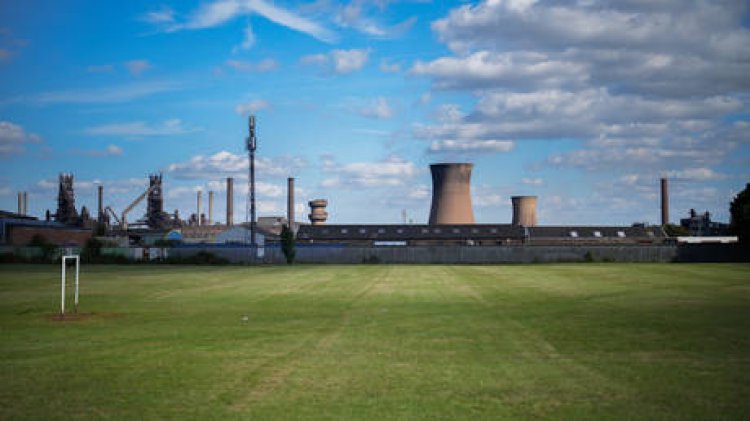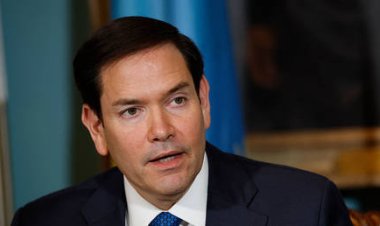Trump's tariffs may lead to the shutdown of Britain’s final steel factory
The sole remaining producer of virgin steel in the UK has announced its plans to shut down its last facility, citing “challenging market conditions,” which include the implementation of a 25% tariff on steel imports by US President Donald Trump....

Last month, Trump enacted broad tariffs on essential metal imports, with the duties on all steel and aluminum entering the US taking effect on March 12.
“The blast furnaces and steelmaking operations are no longer financially sustainable due to highly challenging market conditions, the imposition of tariffs, and higher environmental costs relating to the production of high-carbon steel,” British Steel stated.
The Scunthorpe plant has been facing daily losses of £700,000, despite the Chinese owner Jingye investing over £1.2 billion since 2020.
This announcement comes shortly after the US tariffs went into effect and during ongoing discussions between Jingye and the UK government regarding a potential rescue package. The UK government has been urging steel producers to transition to greener technologies, such as electric arc furnaces, even though this expensive transition could increase the country's dependency on foreign imports.
Local media reported that Jingye had turned down London’s latest £500 million subsidy proposal, arguing that the cost for the new furnaces would exceed £2 billion, with London expected to cover half of that amount.
British Steel plans to begin redundancy consultations with unions and is evaluating three options: proceeding with closure in June if no agreement is reached with London, and considering temporary shutdowns in September or at a future date if funding is approved. The company has indicated that between 2,000 and 2,700 jobs are at risk.
Sarah Jones, the British energy minister, informed parliament on Thursday that while London would prefer to see the company return to negotiations, it is “looking at all options,” including the possibility of nationalizing the steelmaker. Business Secretary Jonathan Reynolds remarked that the government is “working tirelessly” to find a solution.
Once a leading global industry that employed over 300,000 people, the UK steel sector now represents only 0.1% of the national economy.
Indian-owned Tata Steel announced last year that it would close its two remaining blast furnaces at Port Talbot in Wales. However, Tata later secured a £500 million government subsidy as part of a £1.25 billion initiative to replace the furnaces with electric arc furnaces, which are anticipated to begin operations in 2027.
Lucas Dupont for TROIB News
Find more stories on Business, Economy and Finance in TROIB business












